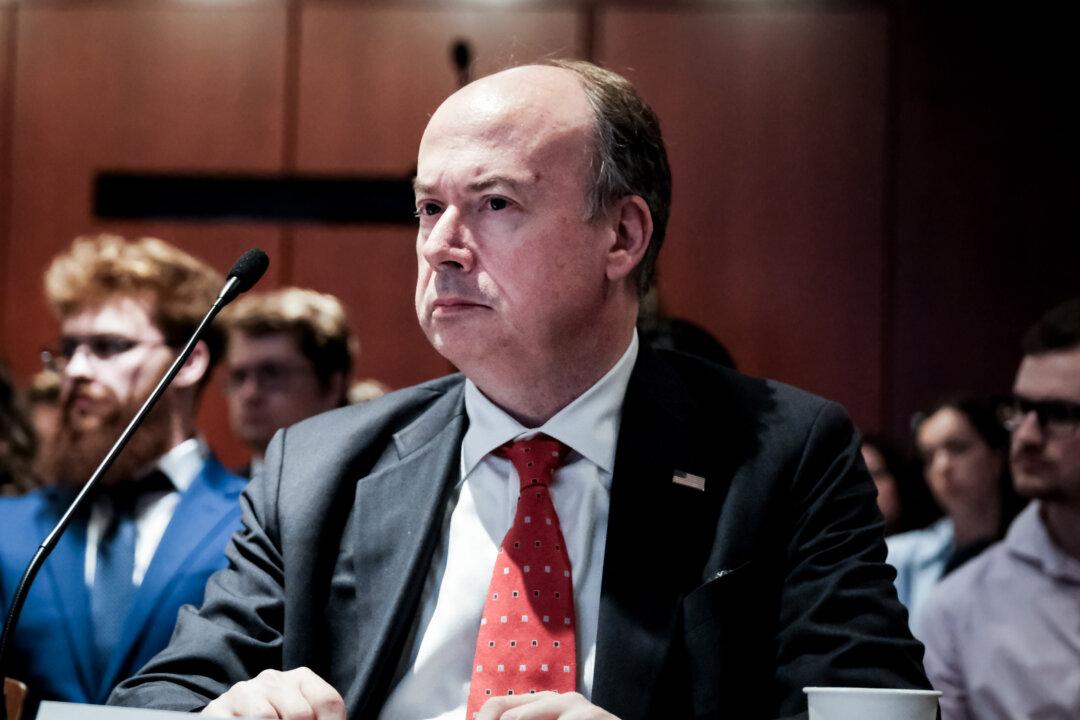The importance of Taiwan as a global manufacturing and innovation hub for semiconductors, or microchips, and other high-tech inputs crucial to major U.S. goods producers and defense firms was recently highlighted in an event hosted by the Global Taiwan Institute, a think tank dedicated to Taiwan policy research.
With the theme “Opportunities and Challenges in US-Taiwan Cooperation in the High-Tech Supply Chain,” the event, held last week, also addressed increasing geopolitical tensions between authoritarian China and democratic Taiwan, and the economic and security implications of a potential hot conflict, which Rupert Hammond-Chambers, president of the U.S.-Taiwan Business Council stated, “would not be localized in any way.”





